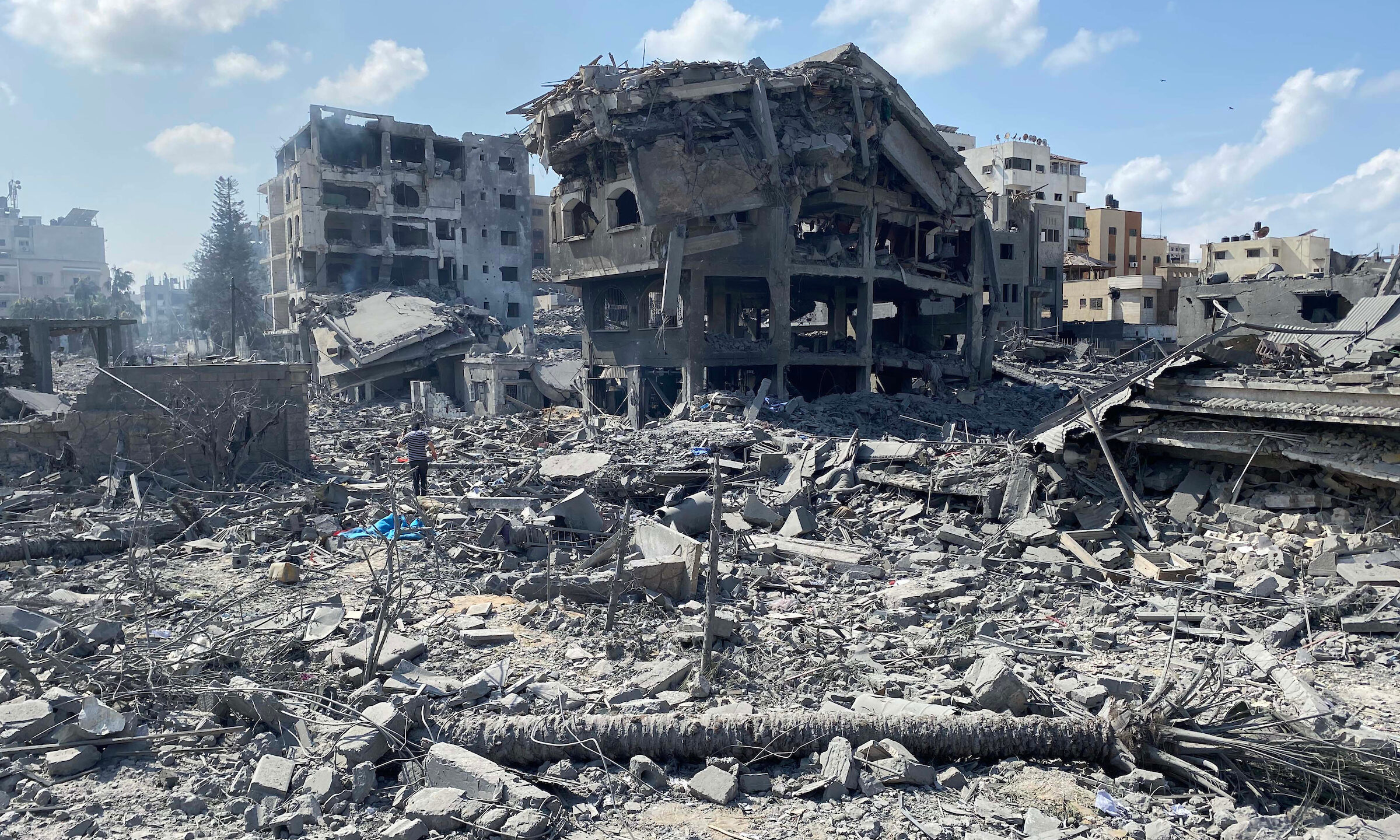October 22, 2024
Does Yahya Sinwar’s death actually change anything?

Last week’s death of Hamas chief Yahya Sinwar, the world’s most wanted terrorist, has unleashed a torrent of new questions about the state of the war in Gaza, Israel’s goals and the Biden administration’s overall strategy. Where does Hamas go from here now that its top leader has been taken off the board? Will the Israeli government wind down operations, and if so, what will the so-called “day after” look like? And will President Joe Biden now have an opening to end the war before he heads into retirement in three months?
In Washington, Sinwar’s demise is a godsend for two reasons. First, since the lifelong Hamas operator was responsible for the most barbaric attack in Israel’s history, taking him out is the ultimate act of justice. Second, Sinwar leaving the scene could theoretically boost the prospects of a diplomatic process between Israel and Hamas that has been dead since the summer. This is certainly what the Biden administration is hoping for.
“I think his removal from the battlefield does present an opportunity to find a way forward that gets the hostages home, brings the war to an end, brings us to a day after,” national security adviser Jake Sullivan told reporters aboard Air Force One. Secretary of State Antony Blinken is heading to the Middle East for the 11th time since the Oct. 7 attacks, aiming to inject some momentum into moribund cease-fire talks.
The hope and optimism are understandable. Nobody wants the war to end as much as the roughly 2 million Palestinians in Gaza whose lives have been upended or the families of the remaining hostages who are still in Hamas’ grasp. The images that have streamed out of Gaza (and now Lebanon) over the last year are as disturbing as they are heartbreaking; a deal that stops the killing and allows the United States to distance itself from this conflict is beyond tempting.
More on Middle East
Featuring Jennifer Kavanagh
August 28, 2025
Events on Israel-Hamas








